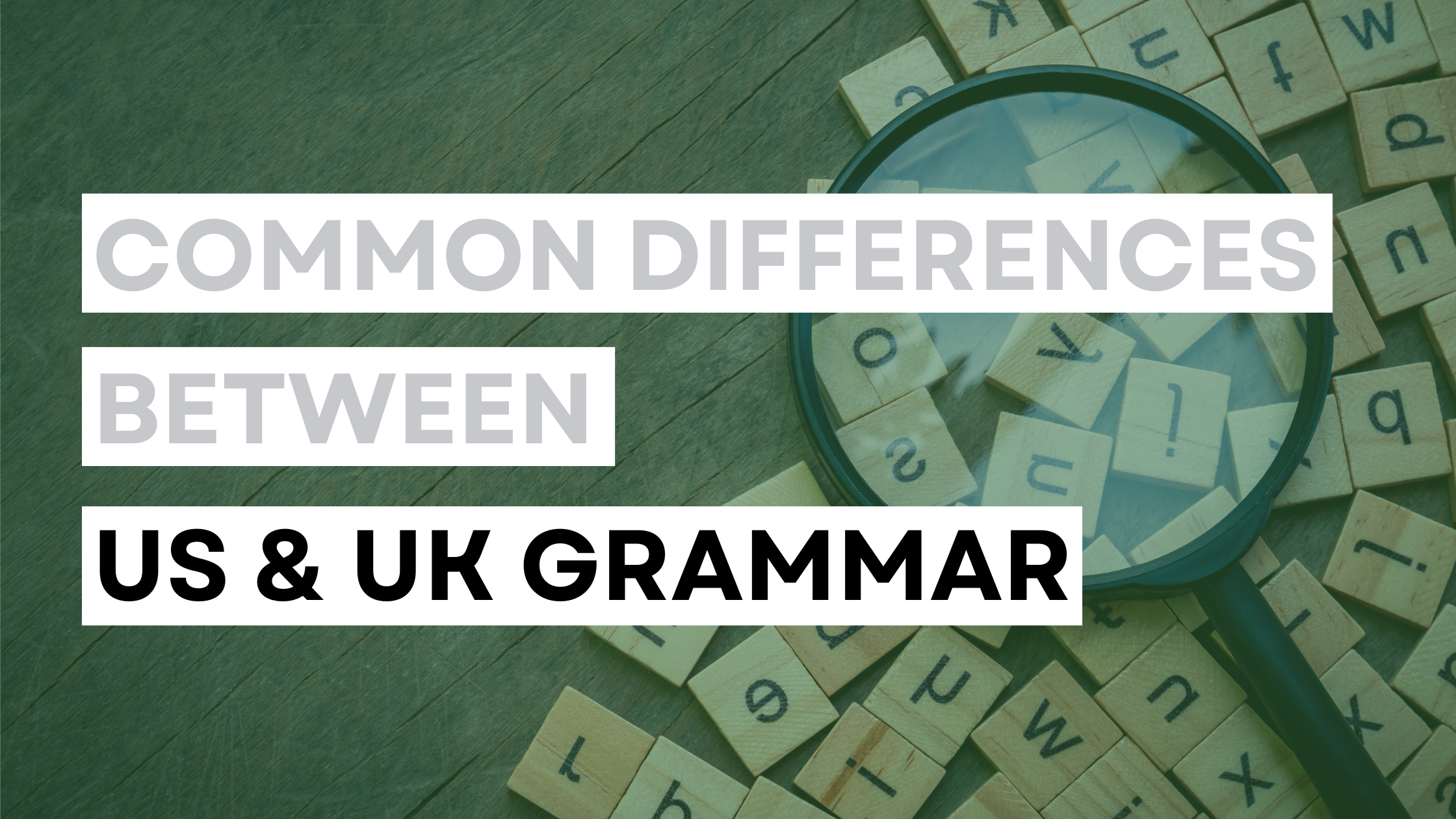Differences Between US & UK Grammar
How to Write a Short Story
Top 10 Grammar Mistakes
Grammar is the foundation upon which clear communication is built. At English Editorial Solutions, we know that even small grammatical errors can impact the effectiveness of your message. So, with that in mind, let’s explore the top 10 grammar mistakes we frequently encounter and learn how to spot and correct them.
Master the Art of Self-Editing
As a writer, you know the importance of a well-edited piece. While professional editing is invaluable, mastering the art of self-editing can significantly improve your work before it reaches an editor's desk. At English Editorial Solutions, we believe in empowering writers to refine their craft. As such, we have compiled a handy, step-by-step guide to effective self-editing that we hope you’ll find useful.












